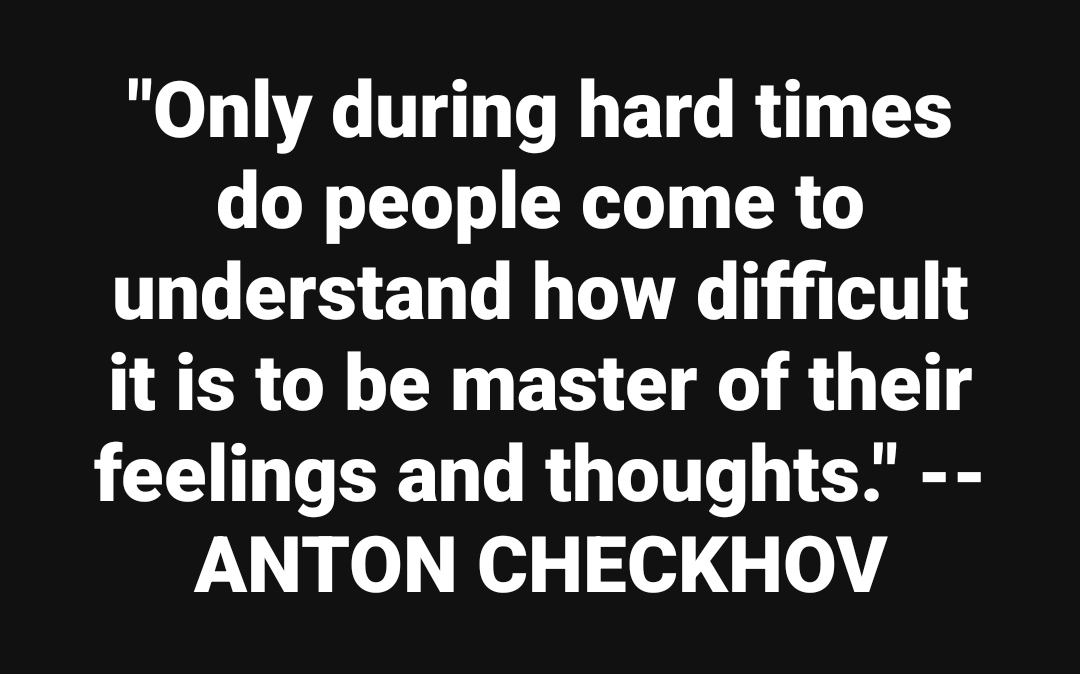Emotional regulation is foundational for personal growth, self-mastery, and contributing to a healthier culture.
Let’s break it down:
Emotional Regulation: A Cornerstone of Self-Mastery
- Emotional regulation is the ability to recognize, understand, and manage your emotions effectively. It ensures that emotions don’t control your actions or cloud your judgment.When mastered, emotional regulation allows individuals to respond thoughtfully rather than react impulsively, promoting harmony in relationships and clarity in decision-making.
- Wise Mind (DBT):
- A concept from Dialectical Behavior Therapy, Wise Mind integrates Emotion Mind (driven by feelings) and Reason Mind (driven by logic) to create a balanced perspective.It helps individuals make decisions that honor both their emotions and their values while staying grounded in reality.
- This ancient philosophy teaches emotional resilience by focusing on what is within your control and accepting what is not.Stoicism encourages mindfulness, gratitude, and rational thinking to navigate life’s challenges with grace and composure.
- EI involves the ability to understand, manage, and empathize with your own emotions and the emotions of others.Skills like self-awareness, self-regulation, empathy, and social skills are essential for emotional intelligence, leading to healthier relationships and a more fulfilling life.
- A foundation in God provides spiritual grounding and perspective. Faith encourages humility, patience, and trust in a higher plan, which can be a source of strength during emotional struggles.Practices such as prayer, meditation, and reflection on scripture reinforce emotional resilience and provide moral guidance in decision-making.
- Role Modeling: Children learn emotional habits from observing adults. When parents or caregivers practice emotional regulation, they pass on healthier coping mechanisms and behaviors to their children.

Daily Reflection:
Spend time journaling or meditating on your emotional responses throughout the day.
Practice Gratitude: Focus on blessings rather than setbacks to cultivate a positive mindset.
Challenge Negative Thoughts:
Use Stoic principles to identify what is within your control and let go of what is not.
Mindfulness Practices: Engage in deep breathing, prayer, or meditation to stay present and calm.
Build Emotional Awareness: Learn to name your emotions and understand their triggers.
Conclusion
Emotional regulation, grounded in tools like the Wise Mind, Stoicism, and Emotional Intelligence—and ultimately rooted in faith—creates a pathway to self-mastery. By mastering emotions, you not only improve your own life but also break negative cycles for future generations, fostering a healthier, more compassionate culture.






